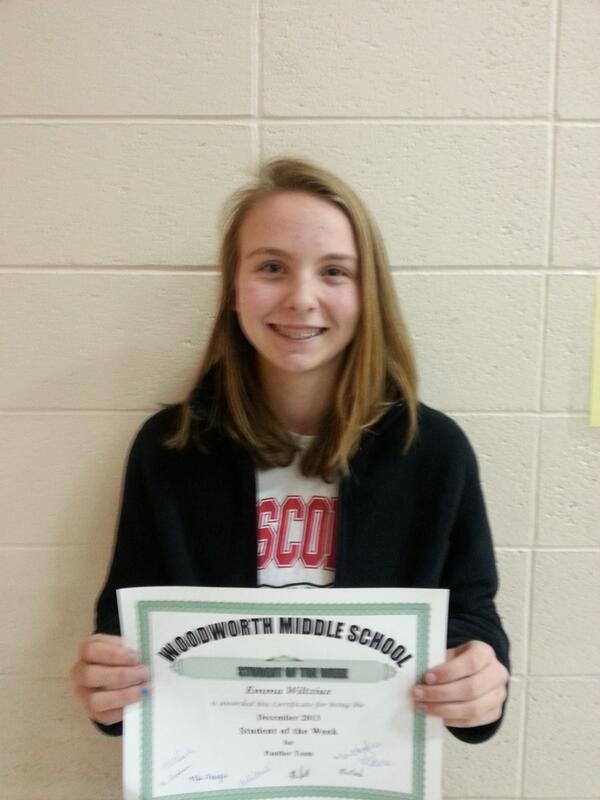When replacing nouns with pronouns to construct a relative clause, you must choose carefully. The pronoun you choose should be based off of whether or not the noun refers to a human. For example, when it does not refer to a human, you can use the pronouns that or which. When referring to a human, it's better to use the pronouns whom and that.
By determining how the clause relates to the meaning of the sentence, you can determine the punctuation you should use. When using a relative clause without commas, you are implying that the information in the clause is true of only certain things or people mentioned in the sentence. When you use a comma, you are implying that the information in the clause is true of all things or people in the sentence. When using a comma in a relative clause, you must use who, whom, or which.
Relative clauses also allow for sentence clarity. When two sentences sit next to each other, it can be unclear which sentence is the main idea. Adding a relative clause gives a clearer picture of what's the main idea and what is merely supporting information.

